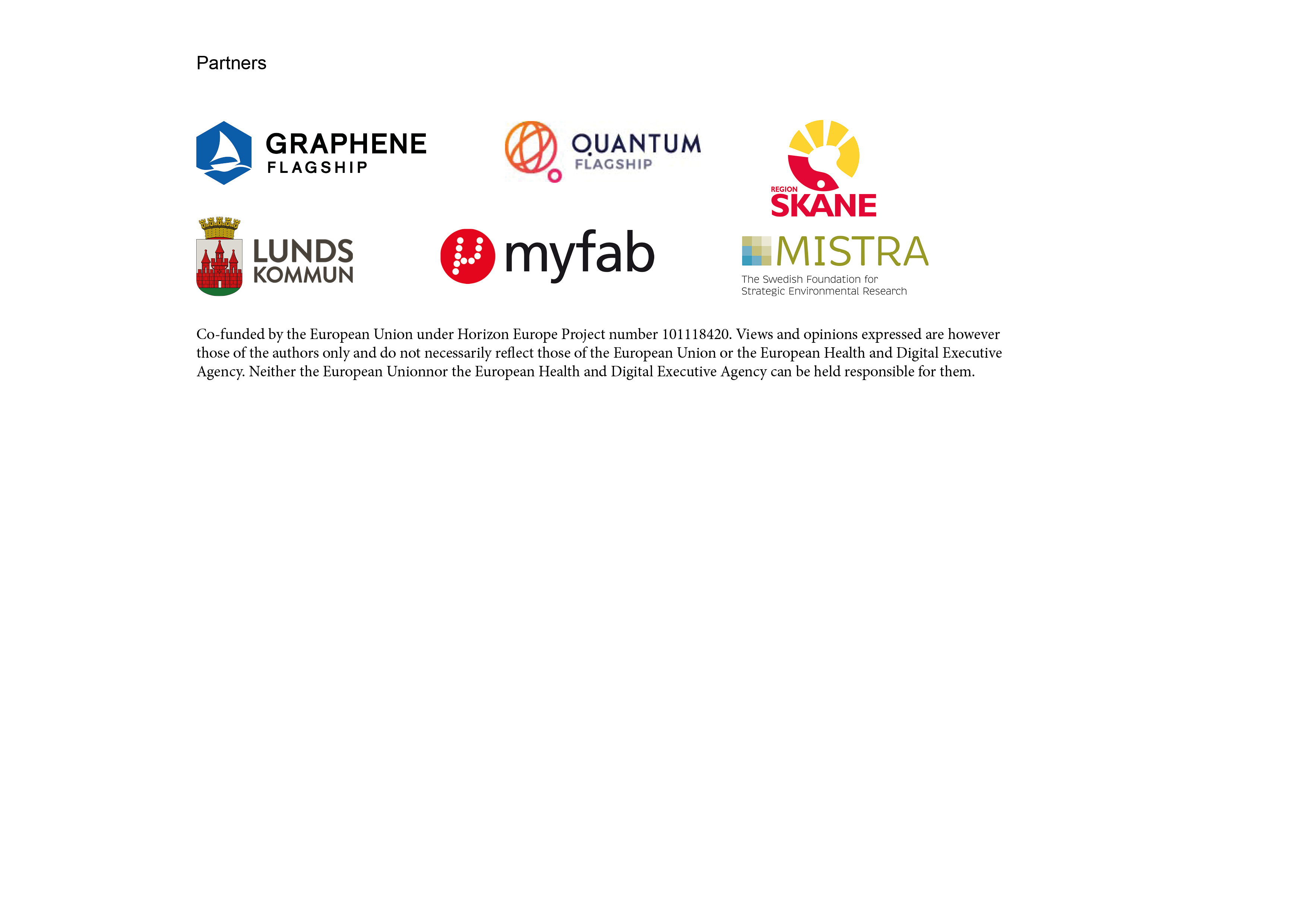Javascript is disabled
Javascript seems to be disabled. This will break some core site features. Please enable javascript or revisit this site from another device.
Parallel Session: Quantum Technologies – Europe’s major role
After decades of painstaking work, we have reached a point where it is now possible to, with great precision, manipulate individual quantum systems to put them in states of superposition or entanglement. These special quantum phenomena are absent in our everyday life today but have recently started to be used to create new technology. In the past few years, a host of national initiatives, investments from major tech companies, and start-ups have sprung up in the area of quantum technology, where quantum properties are used for computing, simulation, communication, sensing, design of materials, etc. Two important questions arise due to these developments:
1. Where and when can we expect quantum advantage?
2. How should Europe compete in the global race for quantum advantage?
The session on quantum technology at EuroNanoForum 2023 will bring together top scientists in the area of quantum technology with policymakers and industry leaders already engaged in the area. The aim is for policy makers to obtain a better understanding of how they can direct European efforts in quantum technology in promising directions, for industry leaders to get a better idea of how and at which point during the upcoming decade quantum technology can impact their businesses, for scientists get an overview of recent progress in their own and related fields, and for all these actors in the quantum technology ecosystem to be able to network. The session will help see how European resources best can be directed to boost European competitiveness and growth in a fierce global market of quantum technology.
Expected impact
Quantum technology in general, and quantum computing and simulation in particular, holds several possibilities for helping to combat climate change and achieve sustainable development. For example, research in quantum materials may help create lighter materials or better conductors that help save energy. Research in quantum computing and simulation may help simulating and understanding complicated molecules, which can lead to the development of more energy-efficient chemical processes or new catalysts that facilitate dealing with pollutants. The long term expected effects of this session is to direct European resources to boost European competitiveness and growth in a fierce global market of quantum technology.




